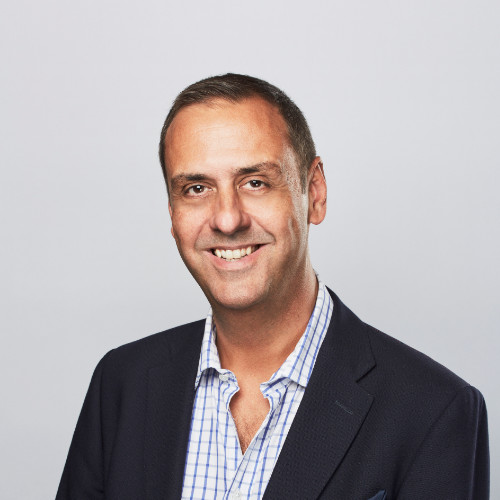• Rob Mitchell sold a majority stake of his agency to the Financial Times in 2018…
• …and after four years of growth, they bought the remaining 49% share in January 2022.
• Being acquired by a newspaper is an interesting process – especially in two tranches – and Rob will be sharing this experience with us.

In 2018, Rob Mitchell sold a majority stake of his agency to the Financial Times.
“When we sold the first stake, we were still quite a young business,” says Rob, co-founder of Longitude. “They felt we still had a way to go in terms of growing the business and getting things to scale – so they didn’t buy us outright.”
The FT did eventually buy the remaining 49% share of the thought leadership agency in 2022, but the four-year delay gave Longitude a change to tighten things up and essentially become a bigger and better agency.
This approach did have some risk because the remaining 49% share price would be based on just one financial year – which advisors warned them against – but things worked out well in the end.
The FT were pretty hands-off during the four years they were Longitude’s majority-owners, but doing all this groundwork under a parent company was a bit strange.
“As a majority-owned business, you do have to accept that you’re half in, half out,” says Rob. “It means you’re slightly on the outside still, but this does have advantages too because you retain some control.”
“And if you’re acquired by a larger organisation, you have to recognise they have a lot more process, things happen more slowly, and you’re dealing with more complex things like business structure and corporate governance.”
“We’re 50 people, the FT is more than 2000. To align yourself it takes time, and you have to be patient.”
What those four years did for Rob’s agency was monumental, opening up way more opportunities for the business AND helping with recruitment and retention – which he describes as a ‘halo effect’.
“It’s about finding ways of collaborating with other parts of the parent organisation,” says Rob. “We can leverage and piggyback on the Financial Times brand, and we’ve got new clients thanks to introductions from them.”
“And being part of a larger group has opened up more opportunities for our people. As an agency owner, I was always very conscious that there were only so many opportunities for career progression. Now, prospective employees can see how they can move into other parts of a larger business – and it’s been great for retention too.”
Now that they’re 100% owned by the Financial Times, what’s next?
“We would like to make more use of the FT brand in terms of our positioning,” says Rob. “In the world of content marketing, we’re relatively well-known, we’ve got an established brand and style, but the FT brand will open even more doors.”
Being bought by a newspaper is certainly a different chapter in the acquisition storybook, and Rob will share more detail about his experience.
This will be a great session if you’re looking to be acquired but don’t necessarily want to go down the traditional route.

